Nearly 20 years ago, during one of the many impasses on the road to ‘peace’ in Northern Ireland, Gerry Adams reminded his opponents that the republican movement would set the terms of any agreement. The IRA reserved a power of veto. ‘They haven’t gone away, you know,’ he said.
Scotland is not Ulster, of course, but the Scottish nationalists haven’t gone away either. Anyone who thinks the referendum settled this country’s constitutional future hasn’t been paying attention. The long war continues, albeit — and mercifully — in figurative terms. If anything, defeat has encouraged the nationalists to redouble their efforts.
The SNP is the only political party in Scotland that can credibly claim to be a mass organisation. It will soon, in all likelihood, have 100,000 members. Last weekend Nicola Sturgeon, its new leader, addressed a crowd of more than 10,000 enthusiasts in Glasgow, the largest such rally in Scotland in 40 years.
This week a new newspaper, the National, was launched to press the case for independence. It sold 50,000 copies of its first edition — almost twice what the Scotsman averages — and then doubled its print run. Copies of its launch issue were soon selling for £10 on eBay. Owned by the Herald group, it remains a shoestring operation for now — but its mere appearance is more significant than its quality. It is a reminder that the thirst for change in Scotland remains unquenched.
There are other tributaries of discontent feeding the national sense of grievance. As Sturgeon addressed her tribe, 3,000 ‘activists’ gathered for the Radical Independence Campaign’s latest conference. They produced a ‘People’s Vow’. This specifies that industry should be nationalised, a republic declared, land ownership reformed, fracking banned, Nato left and a ‘people’s budget’ published that would offer an alternative to ‘austerity’. It is easy to scoff, but the referendum opened a box of dreams that cannot easily be closed.
So the Scottish question is not settled. It is barely even paused. Secession, its partisans believe, is not a lost cause, merely (as John Steinbeck once put it) an ‘unwon cause’. The general election next May will be fraught with peril for unionists — and for Scotland.
There are two particular doomsday scenarios. First, it is entirely possible that the SNP will win the Scottish part of the election — if their performance matched the latest polls, they would take 50 of Scotland’s 59 Westminster constituencies. (Alistair Darling and Gordon Brown’s belated decisions not to run for Parliament again need to be understood against this backdrop.)
Second, and just as disturbingly, David Cameron may yet win a second term. Scots Tories, more than 90 per cent of whom backed the Union, would face a lose-lose proposition. The SNP’s popularity in Scotland might cost Labour the election but only at the price of further weakening the Union. A Tory government with little support in Scotland would encourage the nationalist narrative that Scotland and England are countries of such divergent character that divorce is inevitable. No wonder the SNP secretly pines for the very thing it professes to hate most: Tory supremacy at Westminster.
Not that a Labour victory would offer much consolation. The party’s enthusiasm for further devolution is limited and no one can sensibly have any confidence in Miliband’s ability to navigate these treacherous constitutional waters. Labour is likely to find itself pinned between ‘letting Scotland down’ and ‘antagonising English opinion’. The choice would be especially agonising for a minority Labour government depending on SNP votes.
In other words, as matters stand now, the general election looks like being a win-win proposition for nationalists and a lose-lose calamity for unionists. Scotland’s election will be 59 mini-referendums on the national question. And that will serve as an overture to the 2016 Scottish parliamentary elections, at which another SNP triumph would open the door to a second independence referendum.
Such a ballot would, technically, require Westminster’s approval — but it is difficult to imagine circumstances in which London could deny the clearly expressed will of the Scottish people. What Scotland wants, Scotland will get. The winds of change are still blowing and they will continue to blow in favour of the nationalists. They have not gone away and, you know, they need only get lucky once. The Union was preserved in September, but for how long?
Got something to add? Join the discussion and comment below.
Get 10 issues for just $10
Subscribe to The Spectator Australia today for the next 10 magazine issues, plus full online access, for just $10.
You might disagree with half of it, but you’ll enjoy reading all of it. Try your first month for free, then just $2 a week for the remainder of your first year.


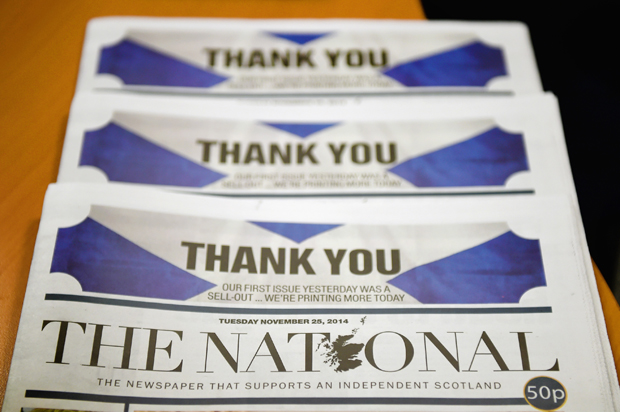
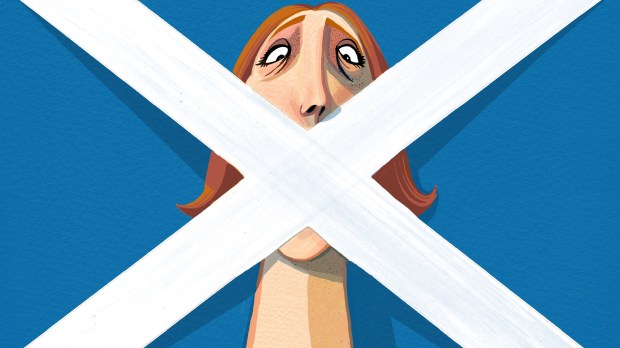
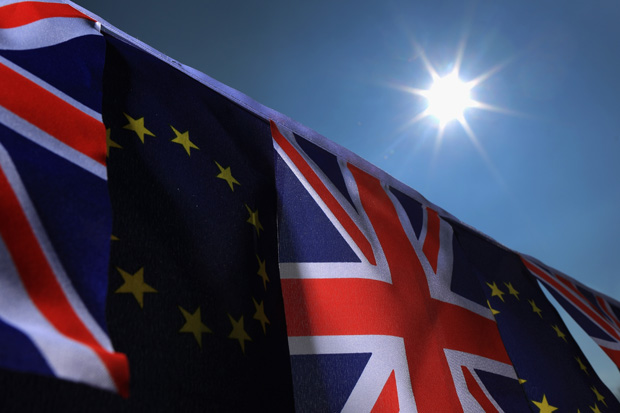
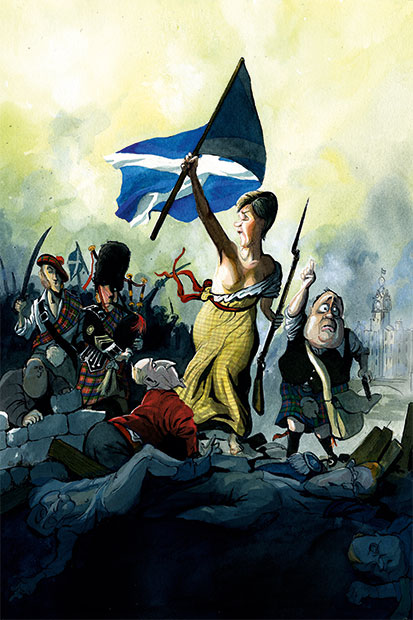
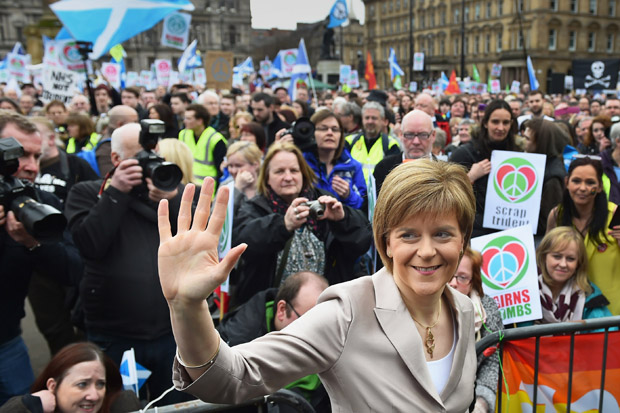
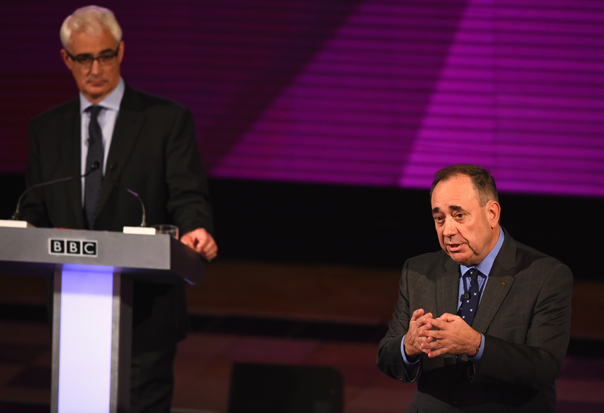
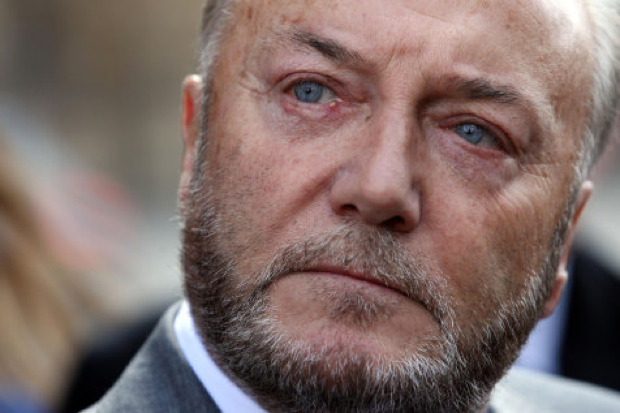






Comments
Don't miss out
Join the conversation with other Spectator Australia readers. Subscribe to leave a comment.
SUBSCRIBEAlready a subscriber? Log in